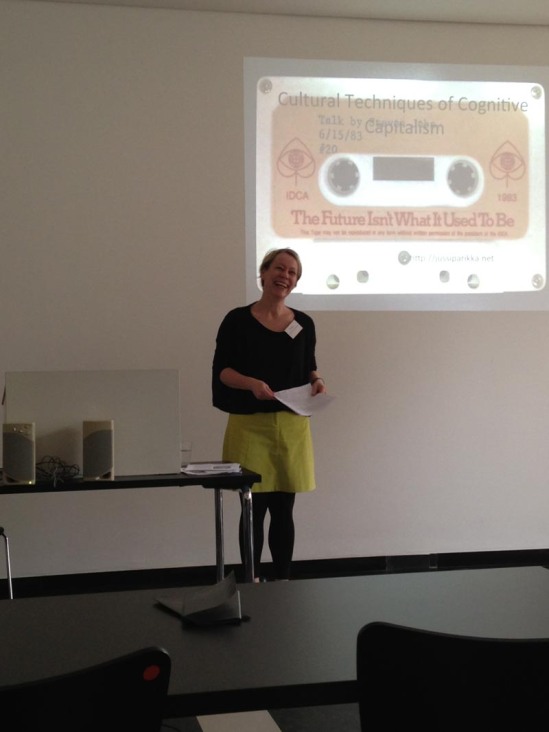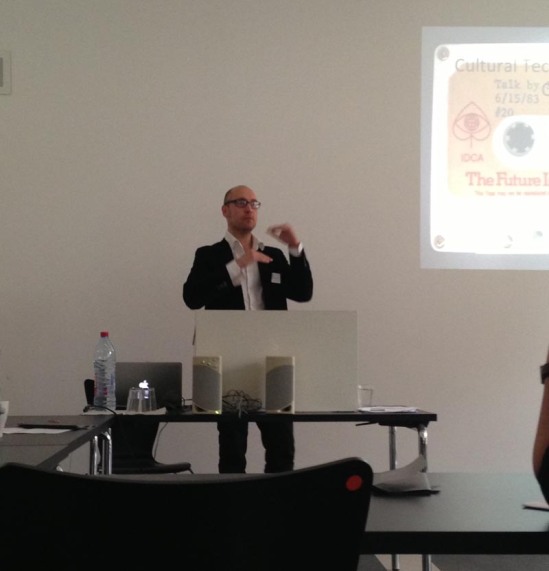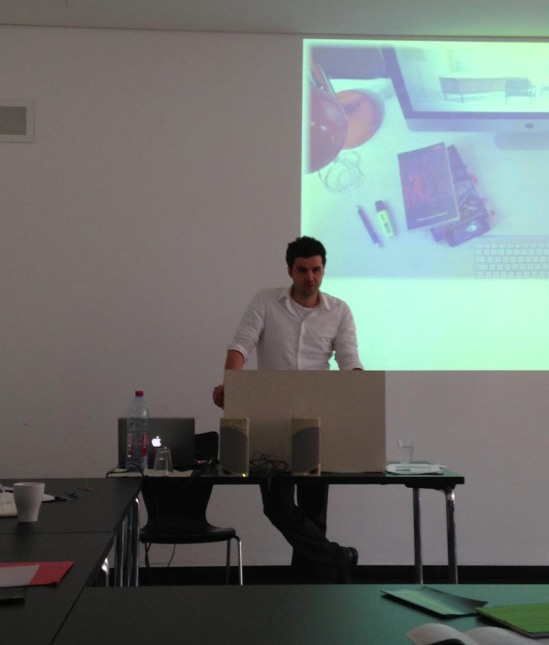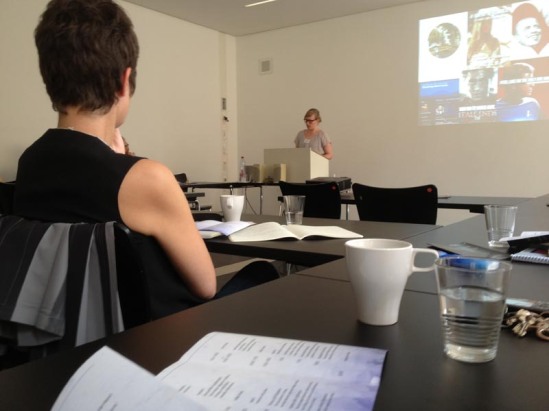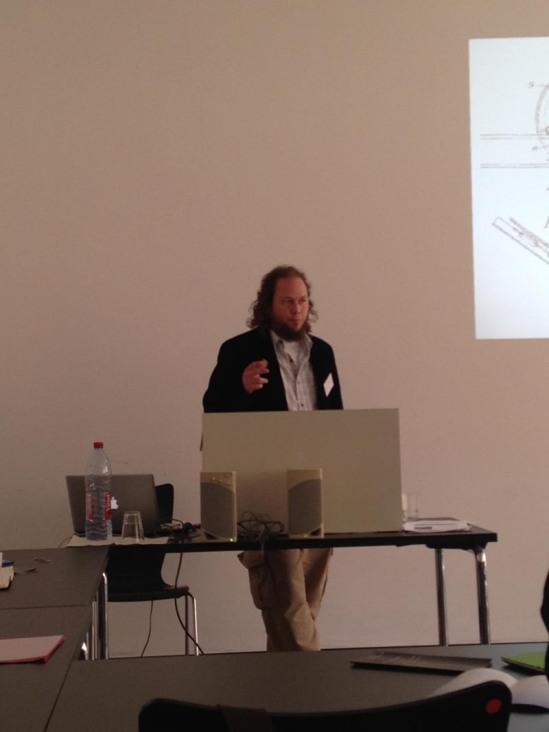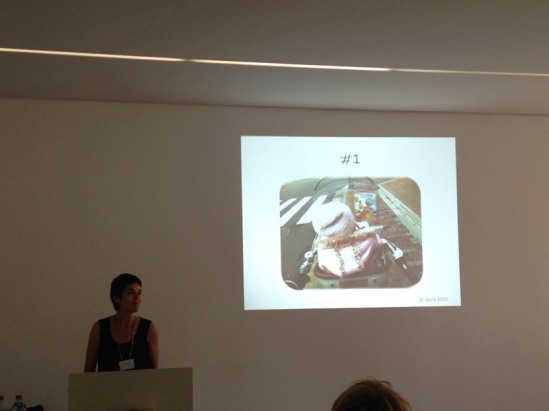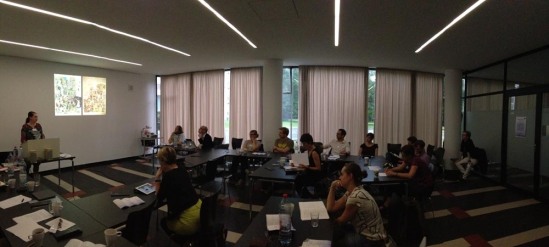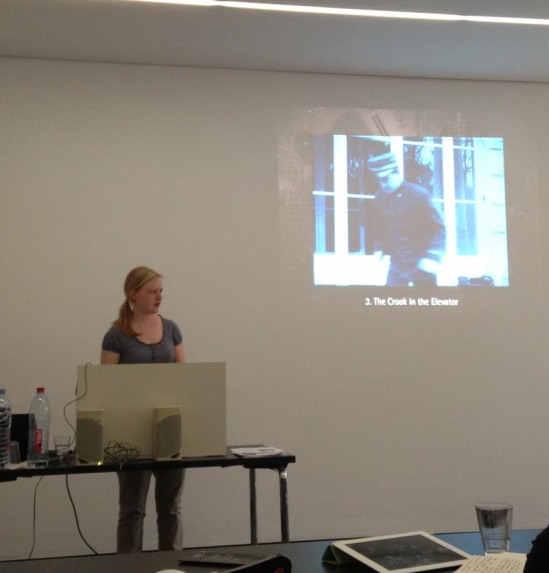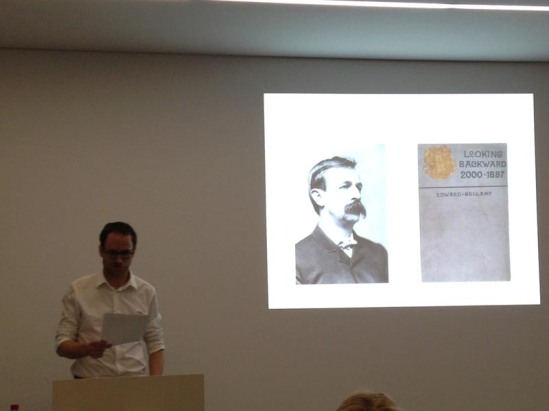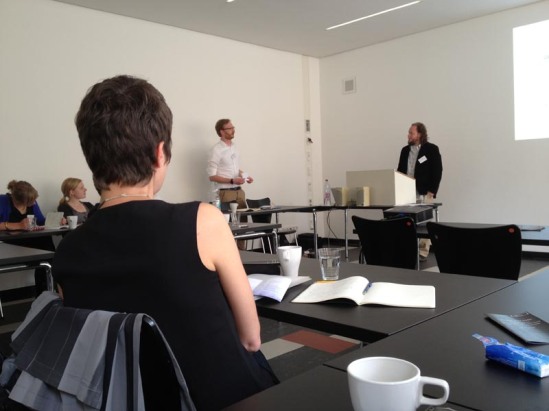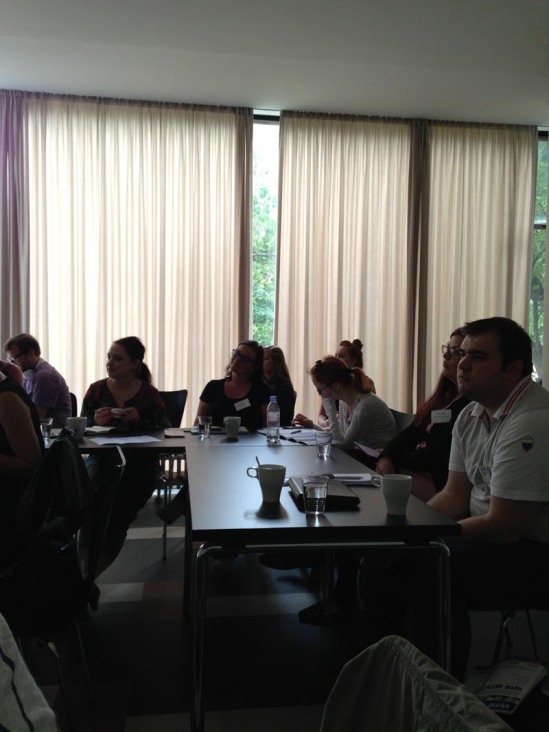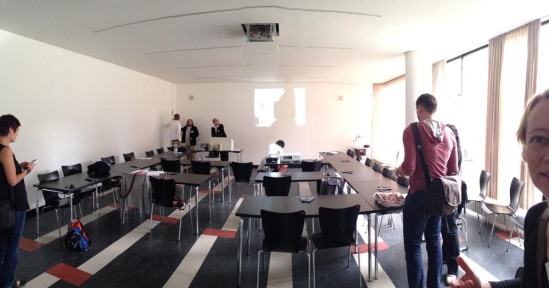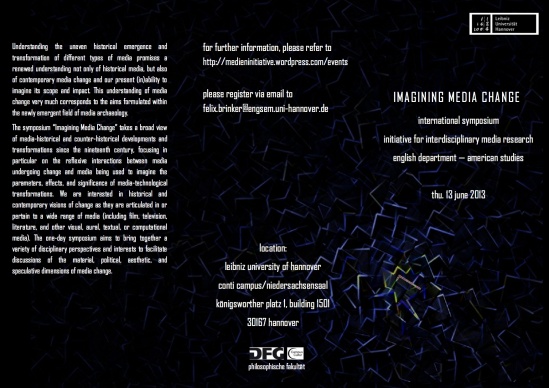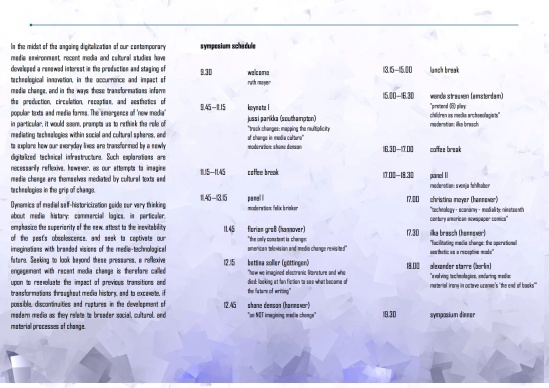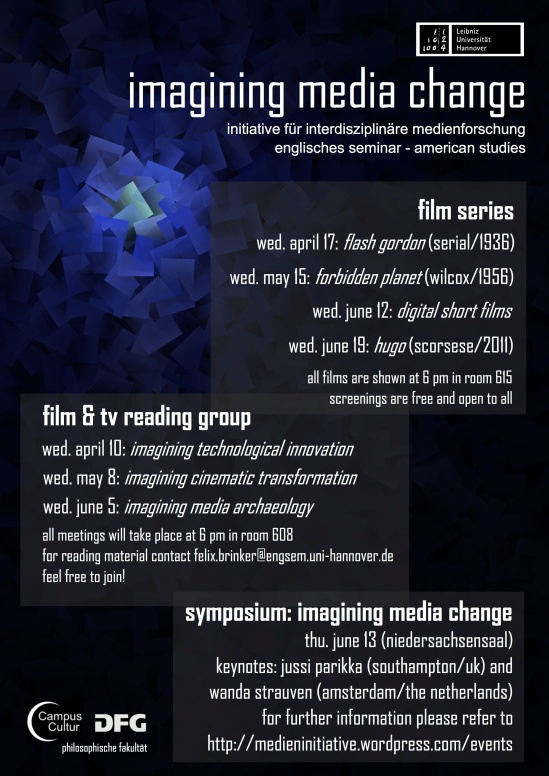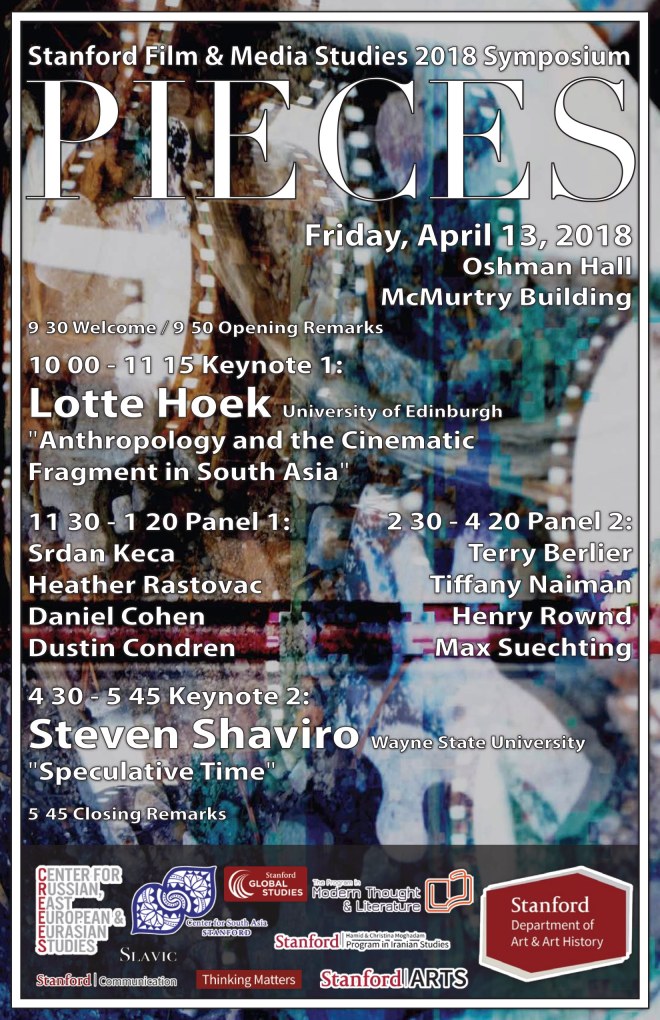
The inaugural Stanford Film and Media Studies Symposium takes place on Friday April 13, 2018 in Oshman Hall. The theme of the conference is “Pieces” and talks will address questions concerning how bits of film and media make us rethink the relation of part to whole and what methods artists use to make discrete pieces—temporal, spatial, material, performative—that may or may not fit into larger collaborative works.
The keynote speakers are Lotte Hoek (University of Edinburgh) on “Anthropology and the Cinematic Fragment in South Asia” and Steven Shaviro (Wayne State University) on “Speculative Time.” In addition, there will be two panels. The first will feature an artist’s talk by Srdan Keca (Documentary Film and Video); Daniel Cohen (Art & Art History) on “Chinese Comedy and the Postsocialist Art of Deflation”; Heather Rastovac Akbarzadeh (Dance Studies) on “Sensorial Performativity of the ‘Veil’ in Aisan Hoss’s Dance-Theater The Pleasant Pain”; and Dustin Condren (Slavic) on Sergei Eisenstein’s film scenario MMM. Terry Berlier (Art Practice) will deliver an artist’s talk on the second panel, followed by Tiffany Naiman (Thinking Matters) on “Memory, Meaning, and Fragmentation in David Bowie’s ‘Blackstar’; Henry Rownd (Art & Art History) on the marked disjuncture between widescreen and pan-and-scan in Otto Preminger’s late work Skidoo (1968); and Max Suechting (Modern Thought and Literature) on “Fragments and Wholes in J Dilla’s Donuts.”
9:30am – Welcome
9:50am – Opening Remarks
10:00am – Keynote Speaker
11:30am – Panel 1
2:30pm – Panel 2
4:30pm – Keynote Speaker
5:45 pm – Closing Remarks
Department of Art & Art History, Film & Media Studies, thanks their sponsors: Center for South Asia, Office of the Vice President for the Arts, CREEES Center for Russian, East European & Eurasian Studies, Stanford Global Studies Division, Department of Slavic Languages and Literatures, Iranian Studies, The Program in Modern Thought & Literature, Department of Communication, Thinking Matters.
See also the official announcement here: https://art.stanford.edu/events/stanford-film-and-media-studies-symposium-pieces


